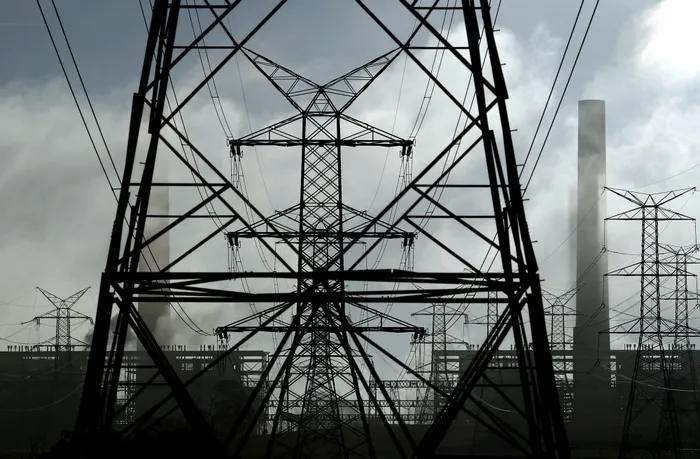Rescuing ourselves from the tough economic road ahead

The South African Reserve Bank (SARB) estimates that power cuts cost the economy up to R899 million daily and will shave two percentage points off GDP growth this year. It's no wonder economists see a 45% chance of a recession in 2023, says the author. Photo: Reuters
By Kylene Weyers
South Africa's narrow escape from the clutches of a technical recession may temporarily relieve citizens and businesses, but the road ahead remains uncertain. While the first quarter of 2023 saw a 0.4% increase in gross domestic product (GDP), looming economic threats still signal challenging times ahead – a sentiment most economists can agree on.
Economists postulate a 45% chance of a recession in 2023. We are not out of the woods. Not by any stretch of the imagination, even despite our nation’s inherent propensity for false optimism. So, let’s run through the realities, after which we can assess how businesses can face it head on.
The grim reality of our situation
Shockingly, yet unsurprisingly, as Africa’s most industrialised economy, we are experiencing our worst bout of power rationing yet. This has done a number on the cost of doing business. The Foschini Group, one of South Africa’s most prolific fashion retailers, said annual sales fell by more than R1.5 billion through March. The outages caused it to lose about 360 000 trading hours and curbed customer demand.
The South African Reserve Bank (SARB) estimates that power cuts cost the economy up to R899 million daily and will shave two percentage points off GDP growth this year. It's no wonder economists see a 45% chance of a recession in 2023.
Additionally, the blackouts and the deteriorating economic outlook have weighed on investor sentiment, with the rand dropping 12% this year - the worst performance among major currencies. Rising interest rates and high inflation also lead to added pressure. Increased global food and fuel prices have sent inflation rates over the SARB's 3–6% inflation target band.
Consumer sentiment is also low, with a Deloitte survey revealing that 41% of consumers feel their financial position has worsened over the past year. As the cost of living rises, they must contend with ever-increasing expenses and dwindling disposable income.
For businesses, in particular, these factors have disastrously affected the landscape. This year we've seen a record number of liquidations. Stats SA revealed that 112 businesses were liquidated in April 2023 alone, and the number of liquidations will likely continue rising.
These are all the straws that broke the camel’s back. Sadly, businesses are in for a tough economic time ahead. That is a reality that we are all going to have to face with great rigour and fastidious financial fortitude.
How can we rescue ourselves?
So, what can businesses do in this challenging economic climate? One solution is to focus on resilience and adaptability. Businesses must be able to adapt quickly to ever-changing circumstances. This may involve re-evaluating strategies, reducing costs, and exploring new revenue streams. Companies must proactively manage risks, constantly innovate, and be agile enough to pivot when necessary.
Business rescue will play a crucial role in assisting companies to keep the lights on, despite the tumultuous economic times we are experiencing. It will be critical for companies to file for rescue timeously and not leave it too late.
Quite often, business rescue is ignored whilst, in actuality, it is the crucial mechanism we have in place to save the most essential industries and companies. Not only does it keep jobs intact and boost investor confidence, but it also protects creditors and promotes sustainable business principles.
Directors will need to be proactive and take swift action, especially knowing that issues like load shedding, high inflation, and high-interest rates will be with us for time to come. It is, therefore, better to take action sooner rather than later. By going into business rescue timeously, a business rescue practitioner can assist with dealing with all these 'straws' before the camel's back gets completely broken.
Overall, with resilience, faith, and dare I say, hope, it is still possible for businesses to weather the storm and emerge on the other side stronger than ever before.

Kylene Weyers is a director in the Dispute Resolution practice at Cliffe Dekker Hofmeyr.
** The views expressed do not necessarily reflect the views of Independent Media or IOL.
BUSINESS REPORT
Related Topics: